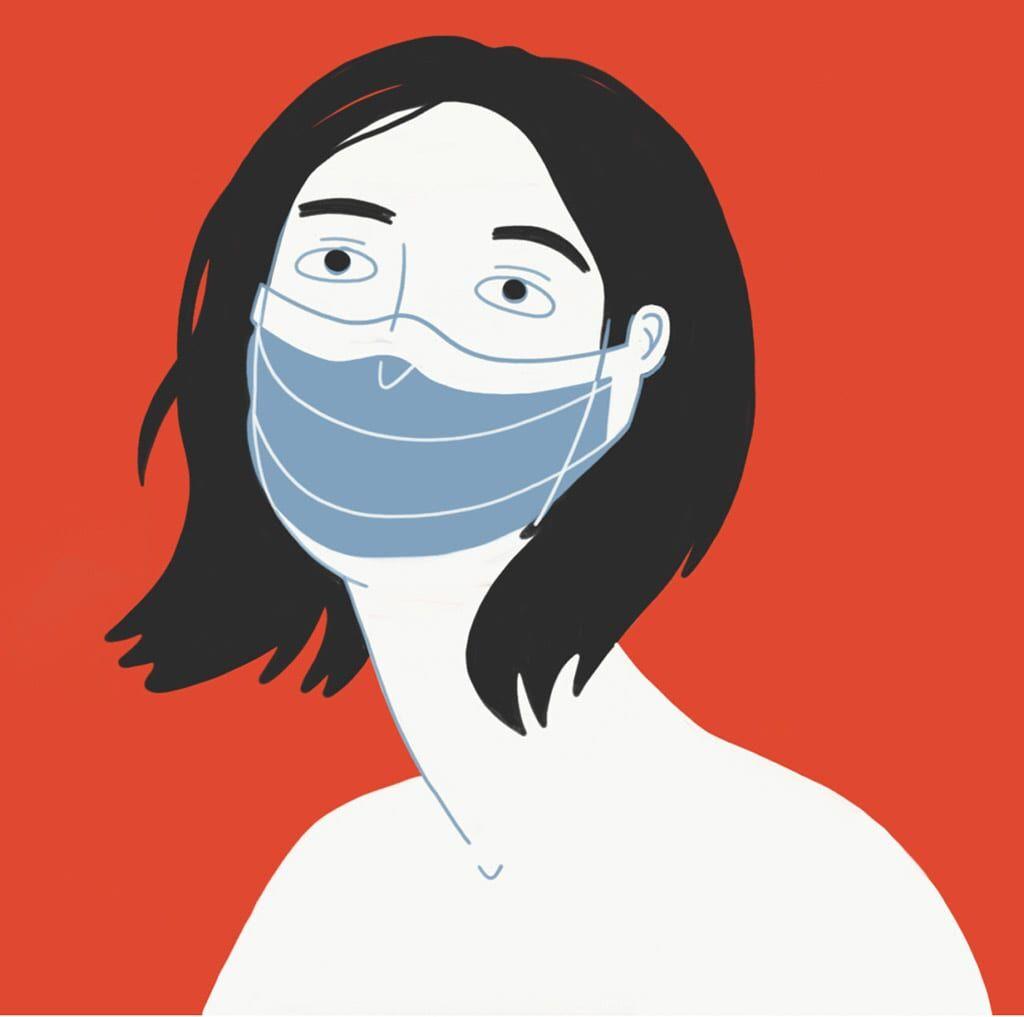As a Fish Camp counselor this past year, one popular question my fellow counselors and I asked one another was what our deep and shallow fears were. Shallow fear responses ranged from light-hearted spider phobias, needles and uncomfortable spacing between holes. But what really got me thinking was what my deepest fear actually was. I confess that the first thing which came to mind was being alone. Not the kind of no-one is-home alone or the party-where-you-don’t-know-a-single-soul alone, but the suffocating toll of mental and emotional loneliness.
This past year in quarantine has brought enough ominous amounts of loneliness to last a lifetime. One moment people were enjoying their spring break trips, and the next … well, we’re all very familiar with that.
COVID-19 affected the world with ferocious havoc, killing millions and sending everything we know into dark isolation. But with prolonged solitariness comes its symptoms — increased anxiety, depressive spirals and substance use, which, according to a MMWR study, has affected 18- to 24-year-olds the worst.
The study found that in comparing young adults’ responses in 2019, 2020 saw levels of anxiety triple , levels of depression quadruple and suicidal thoughts more than double. It’s an interesting find because older demographics are most negatively affected by the coronavirus itself.
“Hopelessness is one of the big drivers of suicide,” Dr. Sarah Vinson, an associate professor of psychiatry and pediatrics at Morehouse School of Medicine, said. “It’s normally not about wanting to be dead; it’s about not wanting to live like this, whatever ‘this’ is.”
Suicide is a prevelant worry within the medical world and should be a concern for any parent. Gun sales have skyrocketed. Alcohol sales have increased tenfold. The issue among younger adults is that the people offering us advice, our parents, are often left speechless since they’ve never gone through anything similar themselves. The fear of not knowing what the future holds while simultaneously trying to keep a grip on reality is enough to send any person over the edge.
Although the issues we’re seeing within the younger generation are concerning, older people are not immune to mental illness. A survey done by The Recovery Village in September found that 55 percent of participants reported increased substance usage that month. Eighteen percent of participants reported the uptick in use was significant. For 53 percent this was due to stress, for 39 percent it was due to boredom and for 32 percent this was a type of coping mechanism.
Unfortunately, mental health has been taboo for centuries, with many people believing those suffering from psychological illnesses are unreliable or liabilities. The break from societal norms by experiencing mental illness is enough to ruin reputations and any chance of recovery. Health is not something that can be seen, but the centuries worth of misinformation and stigma doesn’t negate that people are sick. While the public’s physical health is the country’s priority, we cannot sweep mental health considerations to the side. The problem is there isn’t much we can do to significantly aid mental health with the precautions and restrictions in place for the ongoing pandemic.
These years are supposed to be one of the best of our lives, or so they say, but the pandemic and additional academic stress makes this statement debatable. The line between enjoying our time in college and making the right decisions to better our future is becoming thinner the longer the pandemic drags on. We wake up and get on our computers to attend class. This is the extent of a lot of students’ lives in college during this pandemic.
Will jobs be available once we graduate? Will we be able to enjoy the luxuries of normal life before we enter the workforce? Will our generation even be able to pick up the pieces where we left off?
These questions are a few of many that go through students’ and young adults’ minds on a daily basis as we navigate life through these less-than-normal times. The stress added onto our daily lives by trying to be safe and make the most out of our college experiences has made navigating school and personal issues a struggle none of us saw coming.
If you were to break a bone, you’d seek out treatment. Why shouldn’t we treat our mental health the same way?
If you are having suicidal thoughts, call the National Suicide Prevention Lifeline at 1-800-273-8255 (TALK). The Substance Abuse and Mental Health Services Administration maintains a 24/7 helpline at 1-800-662-4357 (HELP).
Kaelin Connor is a psychology junior and opinion writer for The Battalion.





















